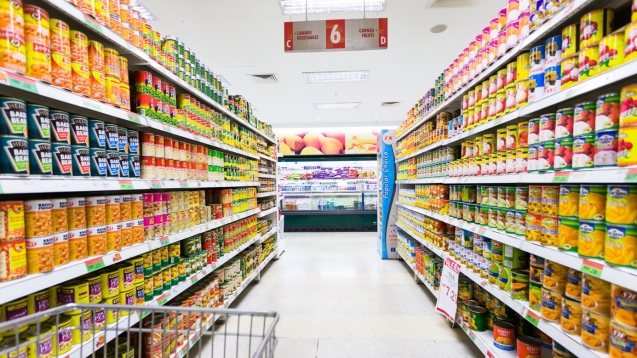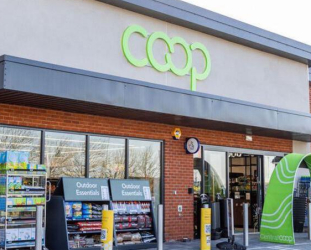European Commission Takes Aim at Hungary & Romania

The European Commission has officially announced that it has issued warnings to the governments of Hungary and Romania because of their national legislation aimed at supporting local producers’ market presence.
As the legal texts stand in each country, in Hungary, retail chains are obliged to apply the same profit margins to imported food products as they do to locally-sourced ones. Retailers have argued that this discourages them from importing more expensive foods from elsewhere in the EU and thus puts more restrictions on their business practices.
The situation in Romania is such that traders (whose annual turnover is above
€ 2 million) need to have at least 51% of the foods they sell, such as meat, vegetables, fruits, honey, eggs, dairy products, and bread, coming from local producers. In addition, all Romanian products will have to be given promotional placement on the store shelves, so as to increase their visibility, and the traders are banned from asking the local producers for additional taxes (e.g. shelf tax). The law was passed by parliament in June 2016.
As a result, last month Brussels has sent official letters to the Hungarian and Romanian governments, asking them to respond to concerns that their legislation infringes two EU treaty obligations - the free movement of goods and freedom of establishment.
Hungary and Romania are the latest of several national governments across Europe, primarily in Central and Eastern Europe, which have recently taken action to strengthen the market presence of local producers. Their position has been that the massive expansion of large multinational retailers in the past several years has taken a heavy toll on the small and medium businesses, which are traditionally deemed as the engine of the local economy.
This is a first step in infringement proceedings that could end up in the European Court of Justice, if the two countries fail to provide sufficient and satisfactory argumentation to the European Commission’s concerns
The deadline for Hungary and Romania to respond is 2 months as of mid-February.
Latest News

EU Commission Presents New Five-Year Consumer Policy Roadmap
The EU Commission has unveiled its new five-year roadmap for consumer policy, outlining...

Euro Coop Co-Signs Joint Position Paper on Omnibus I
Euro Coop, together with CNA , Legacoop and ECCO , has released a joint position paper in...

Euro Coop is seeking an Erasmus+ Policy Intern
Euro Coop – The European Community of Consumer Co-operatives is seeking a Policy Intern...
Latest Stories

OurCoop: A New Era for the UK Co-operative Movement
Euro Coop welcomes the official launch of OurCoop , the new co-operative society formed...

UN Recognises Cooperatives with Decadal International Year
Euro Coop warmly welcomes the United Nations General Assembly’s historic resolution to...

Skupina COOP Wins at the European Commerce Awards 2025
Euro Coop warmly congratulates Skupina COOP , our member from the Czech Republic, for winning...

